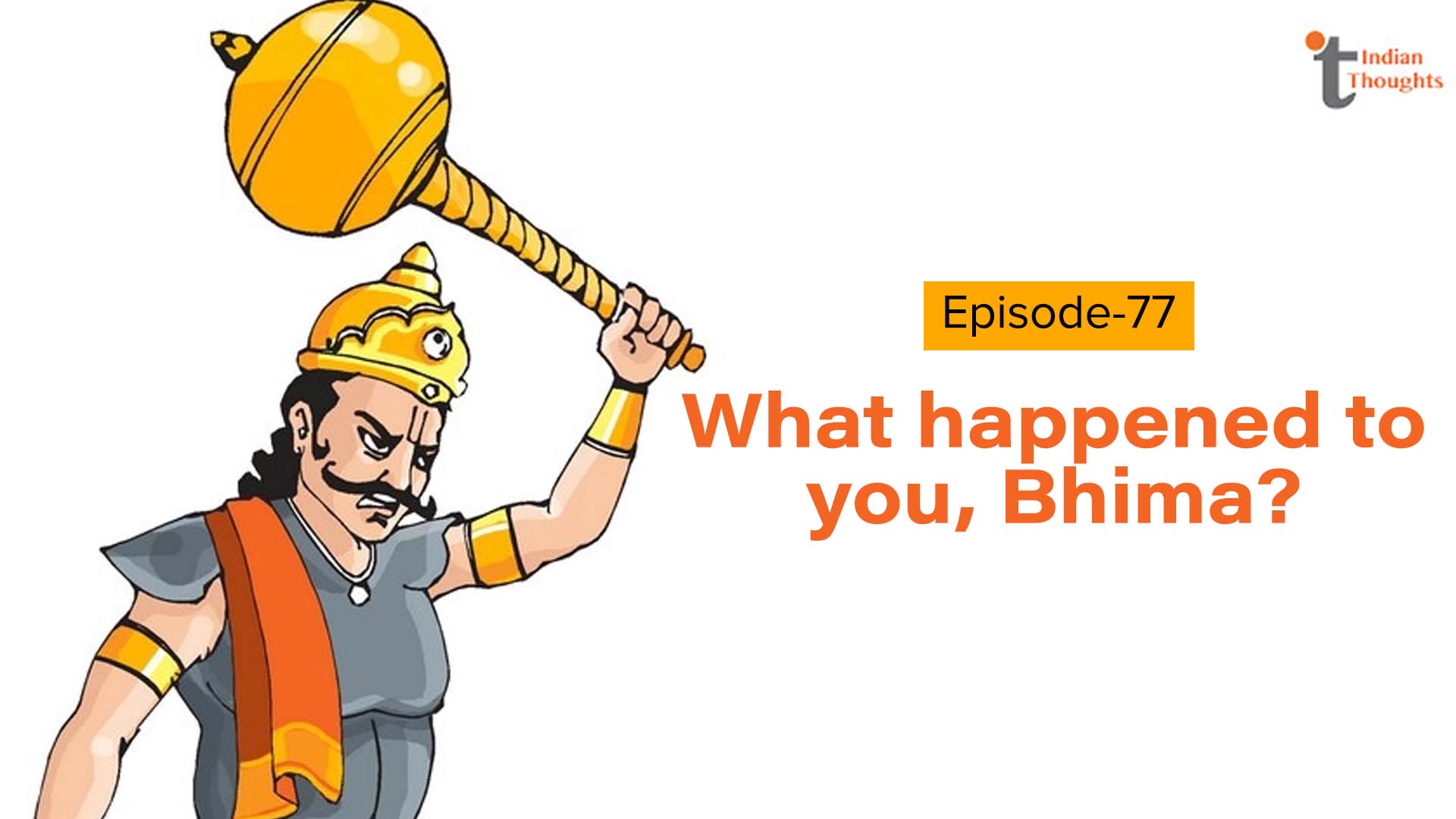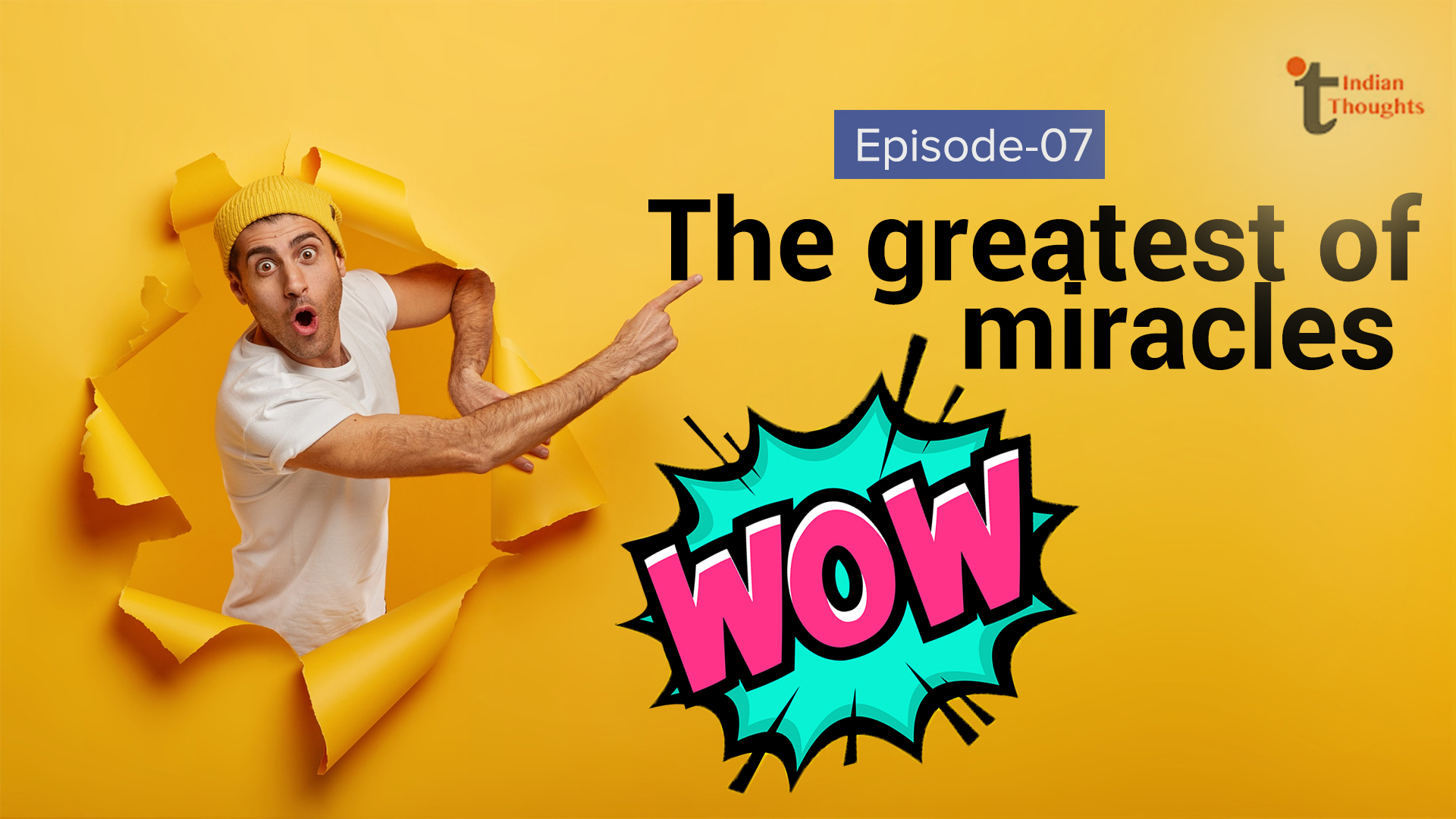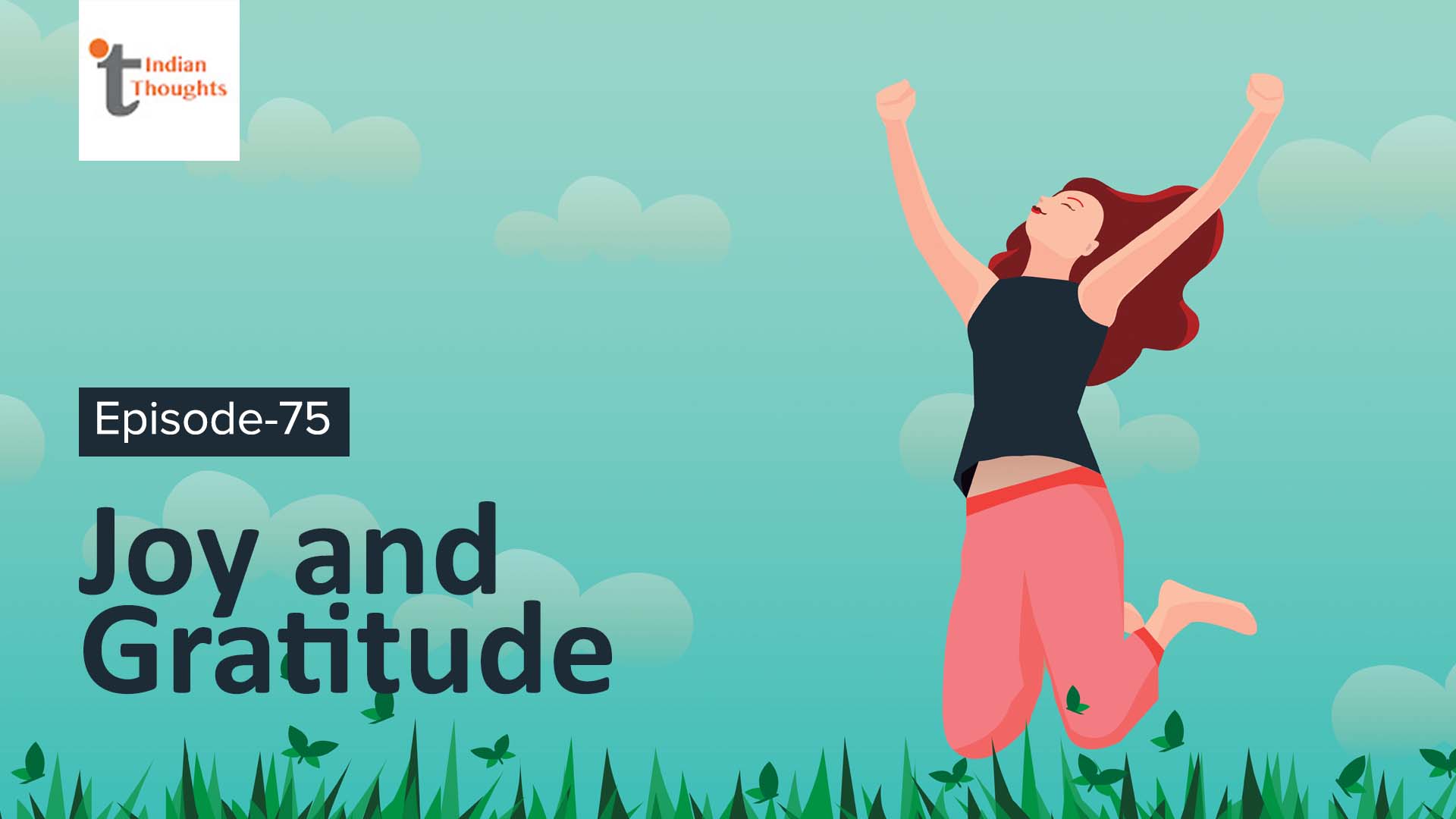While the Pandavas were in exile in the forest, a Brahmin came to them with the complaint that a deer had taken on its antlers, his ‘arani’. Arani is a pair of wooden blocks used to make fire by friction. The Pandavas set out to retrieve the Brahmin’s ‘arani’, following the hoof prints of the deer. On the way, Yudhishtira felt thirsty and Nakula was sent out to fetch water. He found a beautiful lake and when he began to take water, a crane he saw there spoke, “O Nakula! The water of this lake will turn into poison if you take it without satisfactorily answering my questions.” Nakula ignored the crane, drank the water and died. Three more Pandavas also died of the same reason. And at last, Yudhishtira himself went in search of his brothers and saw them all dead. The Mahabharata story says that Yudhishtira answered all the questions of the yaksha turned crane and thus saved all his brothers.
The Yakshapuranam tells us how sharp were the questions that the yaksha asked Yudhishtira. Asked what the biggest miracle is, Yudhishtira said that it is the general individual’s belief that they never die. It is clear that both the Yaksha and Yudhishtira were quite wise.
It is the same Yudhishtira, whom Bhima laughed at in his court. I appreciate Bhima for his wisdom. The story goes like this: a poor farmer came to the royal court begging for some help in connection with the marriage of his daughter. King Yudhishtira asked the farmer to come the next day and also promised to arrange some help.
Hearing this, Bhima laughed aloud and said, “Come on, beat the drums … Let everybody know this!”
Seeing this strange behaviour, Yudhishtira asked him, “What happened to you Bhima?” “You have won death! Isn’t it because you asked the farmer to come tomorrow? And it seems that you are sure to be living tomorrow.” Bhima replied.
Since contexts with multiple meanings are frequent in classic epics, a review fits here too. I don’t think that Bhima would have been referring to Yudhishtira’s ignorance. Bhima would have been pointing to the changing mindsets. What both the farmer and the king think tomorrow could be different and so a present problem cannot be resolved sometime later.
There are a few great rules here. Nobody can wash in the same river again. By the time somebody comes again to swim, the water he touches would be different, the flow too. Neither the farmer nor the king could be in the same thought pattern and understanding level the next day. Bhima would have been reminding us all, this big truth. This tells us two vital principles. First, everything changes and next, both time and problems are referential!
Postponing a decision means that the solution you look out is for a different puzzle. Everything keeps on changing questions too.



















